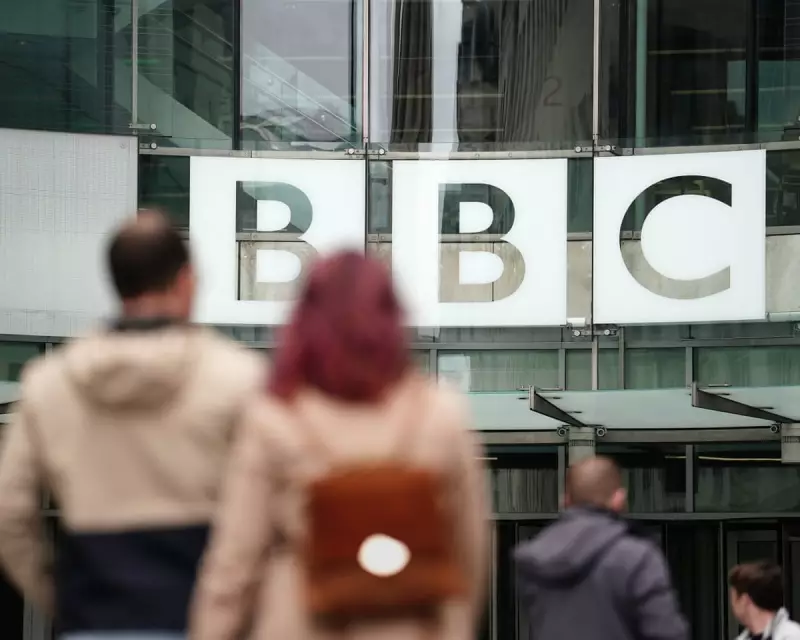
BBC Announces Major Restructuring Following Internal Crisis
The BBC is set to undergo significant organisational changes in response to growing concerns that leading the corporation has become too demanding for a single individual. The broadcaster plans to establish a deputy director general position while simultaneously overhauling its editorial standards committee.
Leadership Vacuum Sparks Restructuring
This restructuring comes in the wake of sudden resignations from both director general Tim Davie and BBC News head Deborah Turness. Their departures followed intense board-level discussions concerning allegations of liberal bias within the corporation's coverage.
The controversy stems from a memo written by Michael Prescott, who previously served as an independent external adviser to the BBC's Editorial Guidelines and Standards Committee (EGSC). Prescott's leaked document accused the BBC of biased reporting on several sensitive topics including Donald Trump, Gaza conflict coverage, and transgender rights issues.
While the BBC has acknowledged an "error of judgment" in editing a Trump speech for a Panorama programme and subsequently apologised, the corporation has strongly contested Prescott's other allegations. BBC chair Samir Shah has characterised the memo as presenting a "partial and personal account" of the situation.
Political Influence Under Scrutiny
The fallout has intensified scrutiny on BBC board member Robbie Gibb, a former communications chief for Theresa May who describes himself as a "proper Thatcherite Conservative." Gibb was appointed to the BBC board by Boris Johnson and received reappointment from the last Conservative government.
Internal sources have claimed that Gibb regularly raised criticisms from right-wing perspectives about the BBC's output. He also played a role in Prescott's appointment to the EGSC advisory position. Currently, Gibb serves as one of only four full members on the editorial standards committee, giving him substantial influence in bias-related discussions.
Anna Sabine, the Liberal Democrats' culture spokesperson, stated: "The crisis at the BBC, now being exploited by the likes of Trump and Farage, stems directly from years of Conservative cronyism. Gibb is the very last person we should trust with such an important role."
Expanded Committee and New Leadership Structure
The planned EGSC overhaul will involve expanding its membership to ensure no single voice dominates proceedings. In recent meetings, the committee comprised just four full members, with three of those individuals - Davie, Turness and Shah - attending in addition to their primary leadership responsibilities.
Meanwhile, Shah has determined that the next director general requires deputy support given the immense challenges of running the modern BBC. This realisation comes despite Davie having served as editor in chief without significant prior editorial experience.
The broadcasting union Bectu has joined calls for Gibb's removal from the BBC board, stating that staff have lost confidence in leadership while "a crucial position on the board is filled by someone perceived by many staff and external commentators as sympathetic to, or actively part of, a campaign to undermine the BBC and influence its political impartiality."
Key figures involved in the bias controversy are scheduled to appear before MPs on the culture, media and sport committee on Monday, where Prescott's memo and the resulting internal conflict will be examined in detail.






